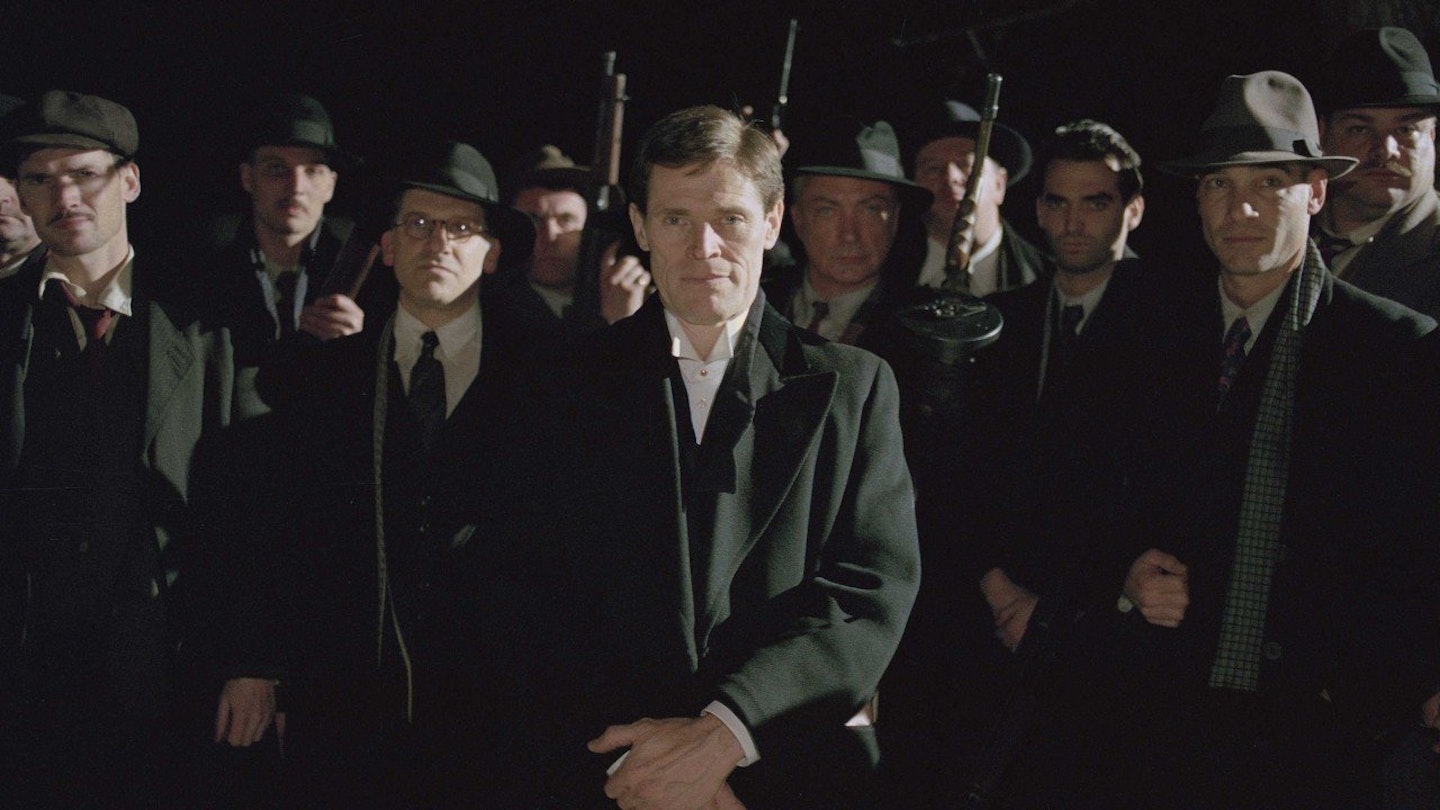Lars von Trier launches another acerbic attack on American complacency in a tale curiously inspired by ‘Happiness In Slavery’, the preface to infamous ’50s erotic novel Story Of O, which provides an account of the rejection of emancipation by a group of slaves in 1830s Barbados. Von Trier adopts the same sparse approach to production design as he did in Dogville and reduces the sets to essential props and markings on the studio floor. But this time he’s also stripped the narrative down to its bare essentials and, consequently, this is leaner and meaner than its predecessor.
It’s also more combustible, as issues of race are always intensely sensitive, and von Trier pulls few punches in either castigating the bigots of the extreme right or the patronising liberals of the left, whose good intentions have so often foundered on the rocks of bitter reality. But, while the emphasis is primarily on the failure of the American people to live by the tenets of their much-vaunted constitution, this is also a cautionary tale about the perils of imposing democracy on populations ill-disposed towards its risky responsibilities — a point that is made resoundingly clear during the provocative montage of stills under the closing credits, which juxtaposes images of the Ku Klux Klan and the Civil Rights movement with 9/11 and George W. Bush praying for ever-greater rectitude and the means to impose it.
Replacing Nicole Kidman as Grace, Bryce Dallas Howard exhibits a chilling combination of arrogance and inexperience as she seeks to guide the black tenants of Lauren Bacall’s estate towards a better life. However, she’s frequently reduced to a cypher, as von Trier tends to entrap her within his grand ideological design and dictate her fate through his omniscient narrator (John Hurt), whose urbane observations occasionally undermine the gravity of the action with their understated but still lacerating irony.
Yet, perhaps out of necessity, von Trier is even more calculating in his depiction of the rebellious Timothy (Isaach De Bankolé) and the seemingly meek house servant Wilhelm (Danny Glover). After all, he has to use their clashing temperaments to suggest that part of African America’s failure to participate fully in the fabled Dream lies in its own reluctance to seize its opportunities and accept its obligations.
